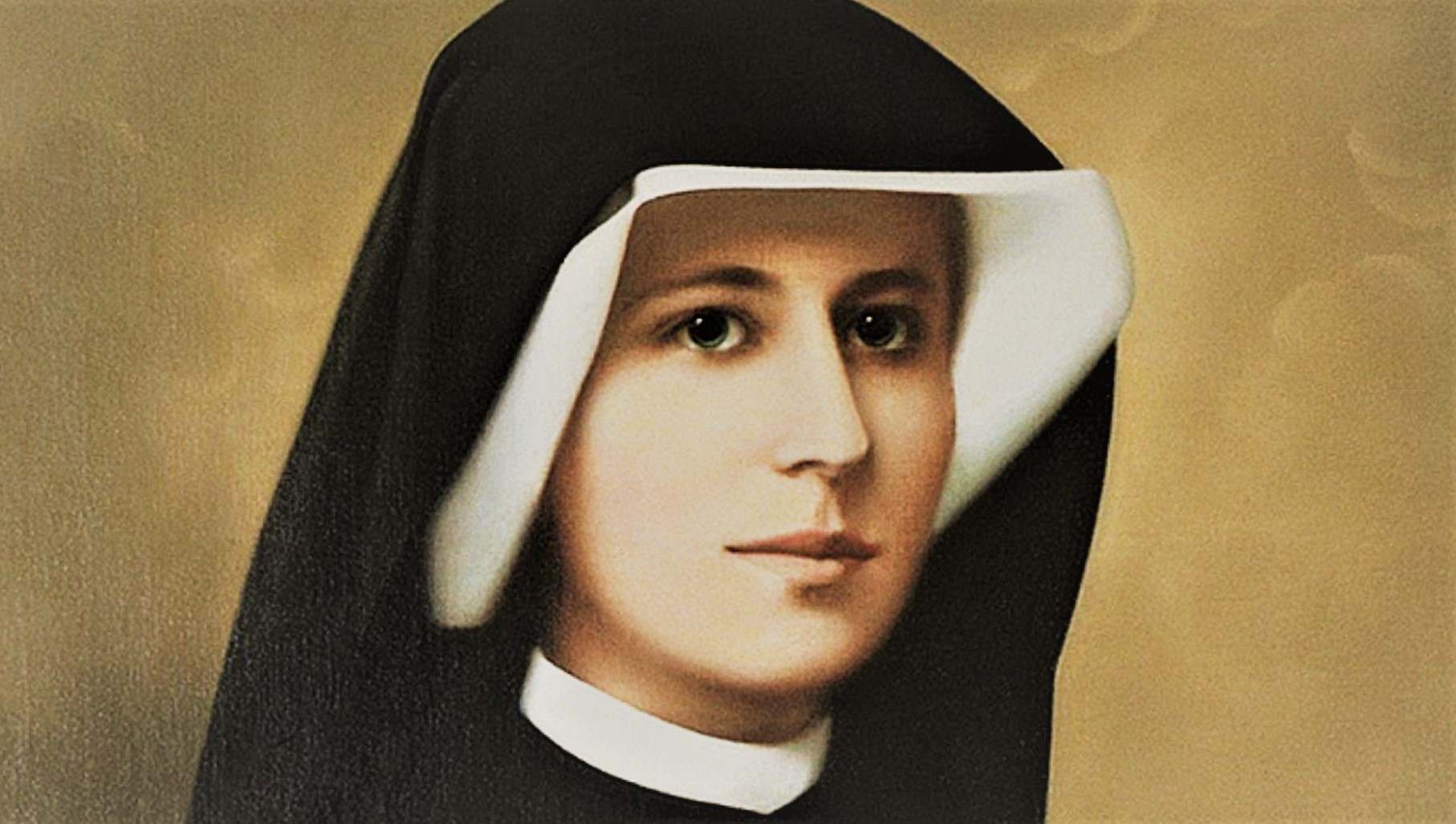Saint Andrew Bobola: Soul hunter and holy choleric
He was quick-tempered, stubborn and uncompromising. An outstanding preacher who spoke about faith when others were fearful. Years later, the Vatican recognized that in the history of the Church “there had not been a second such cruel case of martyrdom.”. by Jan Hlebowicz Although the Chmielnicki Uprising had ended three years earlier, the Zaporozhian…




